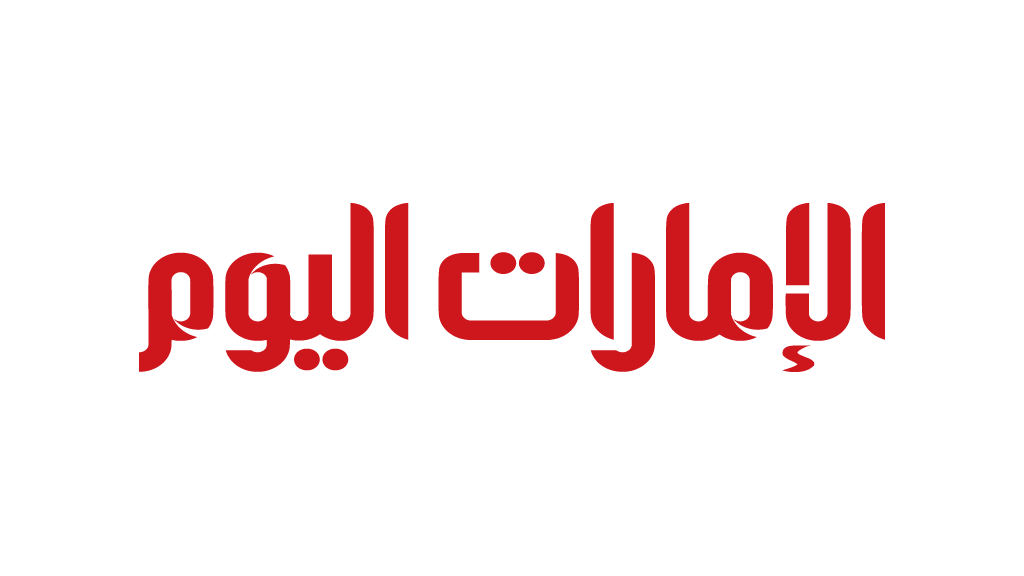With humanitarian initiatives to mitigate the effects of crises
The UAE celebrates the International Day for Disaster Reduction
The UAE participated with the countries of the world in celebrating the International Day for Disaster Reduction, which was approved by the United Nations, on October 13 of each year, to enhance the global culture of disaster prevention, preparedness and dealing with its results, in addition to raising global awareness of effective procedures, policies and practices in relation to reducing Exposure to risk at the community level.
The UAE is considered one of the most important elements of the international confrontation to mitigate the effects of crises and disasters, thanks to its humanitarian initiatives and its moral commitment to the victims and those affected. The state has established a unique approach in this regard, based on providing aid and relief to those who deserve it, without discrimination of gender, race and religion. The only criterion for providing assistance.
In the year 2020, the UAE continued its humanitarian presence in terms of relief for those affected by the disasters that the world witnessed, despite the exceptional circumstances imposed by the spread of the new Corona virus, as the UAE rushed to provide all forms of humanitarian and relief support to those affected by the fires in Australia, and the city of Tin Hattin. Karachi in Pakistan, and the floods that struck Pakistan, Somalia, Bangladesh, Yemen and Sudan.
The UAE's urgent response to countries hit by natural disasters during the current year has left a good impact on the lives of millions of local residents, and contributed to alleviating their suffering, and reiterated the UAE's vital role in strengthening international efforts to face emergency humanitarian challenges.
The celebration aims to remind the international communities and those in charge of them of the victims of disasters, whose numbers have increased during the last decade, and the main and first cause of them were natural physical and geological phenomena.
The list of types of natural disasters includes ground disasters, such as volcanoes, earthquakes, and avalanches, natural disasters, tsunamis and hurricanes, and climatic disasters such as droughts, hurricanes and tornadoes, fires, global warming, epidemics and famines.
The year 2016 saw the United Nations Secretary-General launch the "Sendai 7" campaign, which aims to promote seven goals over a period of seven years, between 2016 and 2022, as this year's goal focuses on achieving a significant increase in the number of countries that have strategies for reducing disaster risk by 2020. .
Next year, the "Sendai 7" campaign focuses on increasing and strengthening international cooperation with developing countries, by finding sufficient and sustainable support to complete their national work done, in order to implement this framework by 2030, and in 2022 the campaign aims to achieve a significant increase in what It is available from multi-hazard early warning systems, and from information and assessments on disaster risks, and the potential for people to benefit from them by 2030.
The UAE occupies an advanced position regionally and globally in terms of building an integrated national system for emergencies and crises, which represents a common vision for alignment and harmony of the country's goals with the goals set by the United Nations International Strategy for Disaster Reduction in the "Sendai Framework" for disaster risk reduction for the period between 2015 and 2030.
The UAE is one of the most important elements of the international confrontation to mitigate the effects of crises with its humanitarian initiatives.

